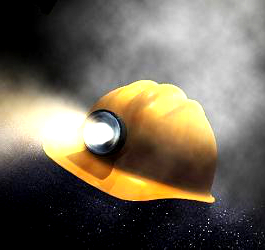Community hears coal issues
 Rural residents are discussing the future of coal and how it may affect them.
Rural residents are discussing the future of coal and how it may affect them.
Coal is the big employer in NSW’s Hunter Valley region, with around 9,000 workers across 40 different mines.
But some countries are moving away from coal, miners are capping production and the industry has been caught in almost perpetual political spotlight, creating concern that regional industries will be caught short.
The Institute for Energy Economics and Financial Analysis (IEEFA) says that over 100 major financiers have withdrawn from thermal coal projects in the last five years.
Energy giant Glencore – a major player in the Hunter Valley and other resource regions – says it will cap coal production in response to global warming.
Analyst Tim Buckley says communities face a harsh transition.
“The Hunter Valley is probably one of the most exposed communities, economies and states in the world to this long-term zero thermal coal use trajectory,” he told the ABC.
Environmental group Lock the Gate has brought in expert speakers from the US to address Hunter residents about what happens when the coal game falls apart.
However, the mining lobby does not hold the same concerns.
The Minerals Council of Australia (MCA) says global energy demand — including coal power — is on track to climb 66 per cent in the next 20 years.
MCA chief Tania Constable says developing countries will continue to rely on Australian coal.
“India's per capita electricity consumption, currently one-tenth that of Australia, is expected to double by 2030,” she said.
She called for a focus on maintaining the “highly paid, highly skilled jobs” and “valuable export income” provided by mining.







 Print
Print